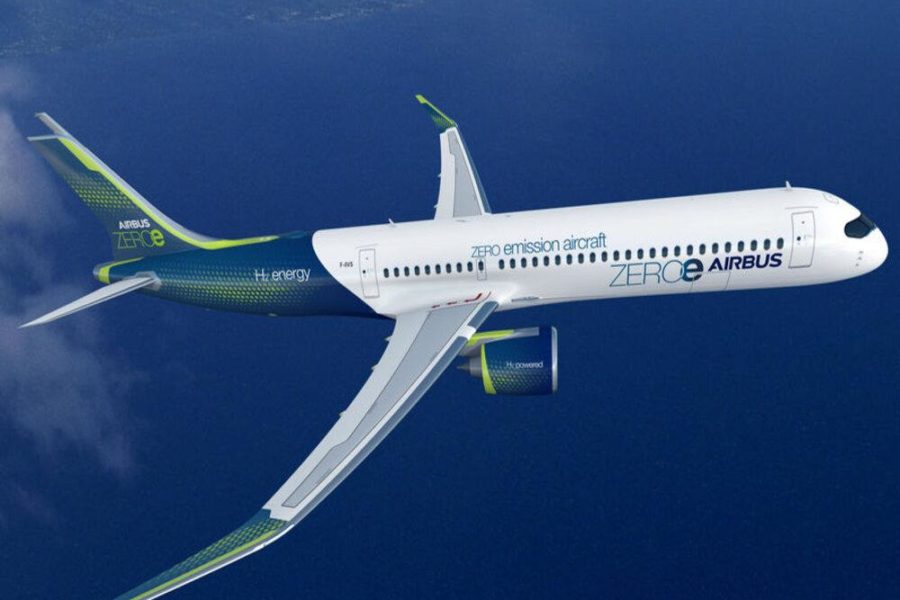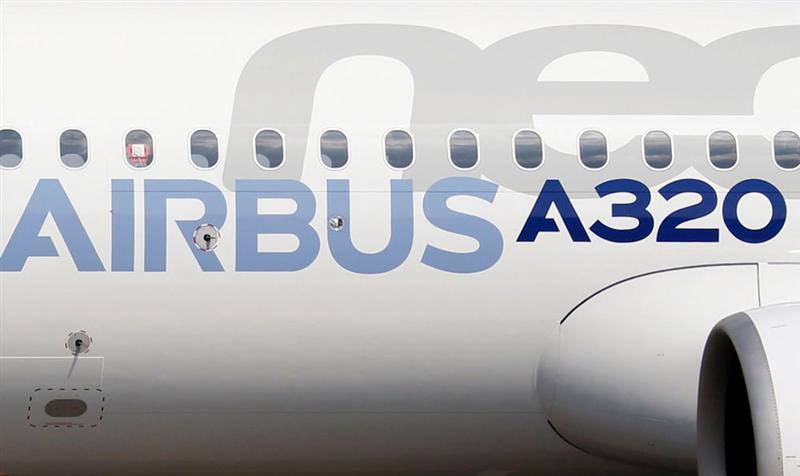Flying a plane usually requires the presence of three or four pilots in the cockpit. However, Airbus, the European aircraft manufacturer, is considering equipping its commercial aircraft, particularly long-haul A350s, with a single pilot as early as 2023. So what would be the advantages of such an innovation? Let's find out!
Reducing the number of pilots
Visit reduction in the number of pilots is the first argument put forward by Airbus. Of course, to achieve this ambition, it must successfully implement Single Pilot Operation (SPO) technology.
With this innovation, the European aircraft manufacturer plans to reduce the number of pilots on commercial aircraft. With this idea, there will now be just two crew members, particularly during A350 long-haul flights.
This also reduces the overall weight of the aircraft at take-off. In this way, flight conditions are not likely to be a problem either, although such cases are extremely rare.
Lighten the crew's workload
One of the reasons why today's commercial aircraft require two more pilots is that there are so many commands to be executed. Sometimes, it takes the cumulative maneuvering of several crew members before control of the aircraft is assured.
Thanks to SPO technology, Airbus intends to lighten the crew's workload. In fact, he is thinking of improving the operation of his devices. That said, the majority of tasks that used to be performed manually will now be automated. Instead of waiting for a second pilot to intervene, a single pilot will be enough to get the aircraft safely into the air. This also saves take-off time.
Resting
Airbus plans to apply its SPO technology for a single purpose. This innovation will enable a single pilot to perform all the important take-off and control tasks on commercial aircraft. The presence of a second pilot is not required, but is mandatory.
After a few hours of maneuvering, the first pilot will be able to give up his seat to the second to take a few moments of rest. Above all, this initiative will reinforce the skills of each crew member, who will therefore be awake throughout the flight.
Enhancing safety
The presence of a single pilot at the controls of an A350 aircraft means that most tasks will be automated. This eliminates the risk of handling errors or moments of panic when one of the pilots feels unexpected discomfort. Of course, these cases are extremely rare, as airlines do everything in their power to avoid such incidents. Instead of requiring the presence of a second pilot, some of the tasks will be carried out using powerful algorithmic calculations.
Save money
Today, the number of pilots on board a commercial aircraft is around three or four. Each of these workers will have to be paid for their services. This could prove costly for airlines.
However, when the number of pilots is reduced, the number of crew members will drop. At the same time, the number of people to be paid will also fall. This means real savings for airlines. These are the benefits we hope to derive from this innovation.



